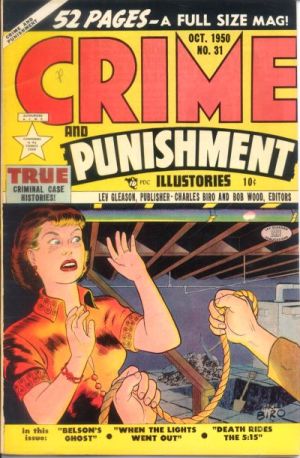- Joined
- Feb 13, 2008
- Messages
- 2,781
- Reaction score
- 668
One of the key pieces of advice often given in critiques is to show, not tell. Why is it unacceptable for us to tell, but on the other hand, authors liked Dickens are lauded for it.
Perhaps the most famous passage from all of Dicken's work comes from the first paragraph of A Tale Of Two Cities.
"It was the best of times, it was the worst of times. It was the age of wisdom, it was the age of foolishness, it was the epoch of belief, it was the epoch of incredulity, it was the season of Light, it was the season of Darkness, it was the spring of hope, it was the winter of despair, we had everything before us, we had nothing before us, we were all going direct to heaven, we were all going direct the other way - in short, the period was so far like the present period, that some of its noisiest authorities insisted on its being received, for good or for evil, in the superlative degree of comparison only."
And he goes on and on, telling telling telling about plain faced and fair faced queens and large jawed Kings. In fact, the entire first chapter, composed of about 2 full pages, is all telling.
Next up on our list is a good old russian. Bulgakov, in his The White Guard.
"Great and terrible was the year of our lord 1918, of the revolution the second. Its summer abundant with warmth and sun, its winter with snow, highest in its heaven stood two stars: the sheperds' star, eventide Venus; and Mars - quivering, red.
But in the days of blood as in days of peace the years fly like an arrow and the thick frost of a hoary white December, season of Christmas trees, Santa Claus, joy and glittering snow, overtook the young Turbins unawares. For the reigning head of the family, their adored mother, was no longer with them.
A year after her daughter Elena Turbin had married Captain Sergei Talberg...etc."
Lots more telling than showing. So why do they get away with it and we don't?
Perhaps the most famous passage from all of Dicken's work comes from the first paragraph of A Tale Of Two Cities.
"It was the best of times, it was the worst of times. It was the age of wisdom, it was the age of foolishness, it was the epoch of belief, it was the epoch of incredulity, it was the season of Light, it was the season of Darkness, it was the spring of hope, it was the winter of despair, we had everything before us, we had nothing before us, we were all going direct to heaven, we were all going direct the other way - in short, the period was so far like the present period, that some of its noisiest authorities insisted on its being received, for good or for evil, in the superlative degree of comparison only."
And he goes on and on, telling telling telling about plain faced and fair faced queens and large jawed Kings. In fact, the entire first chapter, composed of about 2 full pages, is all telling.
Next up on our list is a good old russian. Bulgakov, in his The White Guard.
"Great and terrible was the year of our lord 1918, of the revolution the second. Its summer abundant with warmth and sun, its winter with snow, highest in its heaven stood two stars: the sheperds' star, eventide Venus; and Mars - quivering, red.
But in the days of blood as in days of peace the years fly like an arrow and the thick frost of a hoary white December, season of Christmas trees, Santa Claus, joy and glittering snow, overtook the young Turbins unawares. For the reigning head of the family, their adored mother, was no longer with them.
A year after her daughter Elena Turbin had married Captain Sergei Talberg...etc."
Lots more telling than showing. So why do they get away with it and we don't?




